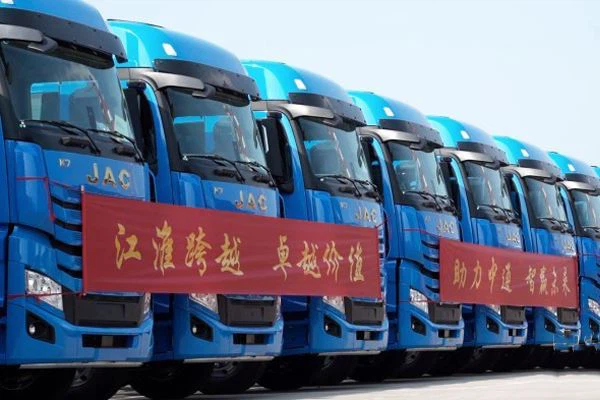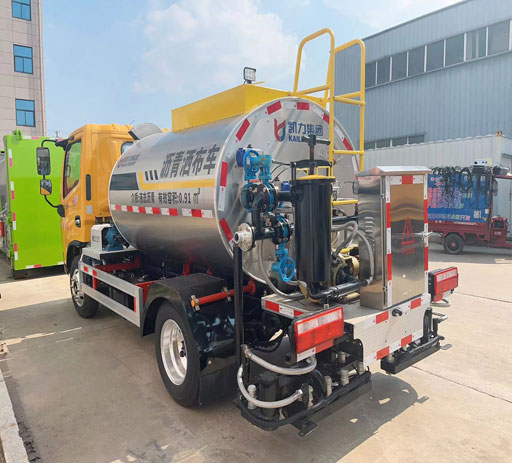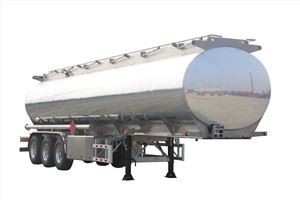Understanding Vacuum Truck Prices: A Comprehensive Guide

Introduction
Vacuum trucks are essential vehicles used in various industries for efficient waste management, cleanup operations, and liquid transportation. As the demand for these specialized vehicles has grown, so has the interest in understanding their pricing. This article delves into vacuum truck prices, exploring the factors that influence costs, types of vacuum trucks, average price ranges, and tips for making an informed purchase.
What is a Vacuum Truck?
A vacuum truck is a specialized vehicle designed to suck up liquids, slurries, or dry materials from various locations. The truck typically features a large tank, a powerful vacuum system, and a pump to transport collected materials efficiently. These trucks are widely used in industries such as municipal services, construction, oil and gas, and environmental cleanup.
Types of Vacuum Trucks
Vacuum trucks come in various sizes and types, each designed for specific applications. Understanding these types can help potential buyers assess the right option for their needs.
1. Liquid Vacuum Trucks
These trucks are designed to handle liquid waste, including sewage and industrial wastewater. They often feature a high-capacity tank and powerful pumps.
2. Dry Vacuum Trucks
Designed for transporting dry materials such as sand, gravel, or loose debris, dry vacuum trucks have different tank designs and suction capabilities.
3. Combination Vacuum Trucks
These versatile units can handle both liquids and solids, making them ideal for various tasks in diverse industries. They provide flexibility for contractors and municipalities.
Factors Influencing Vacuum Truck Prices
The price of a vacuum truck can vary widely based on several factors. Understanding these can aid in making a well-informed purchasing decision.
1. Truck Type
The type of vacuum truck significantly affects its price. Liquid, dry, and combination units have different manufacturing requirements and capabilities, leading to price differentials.
2. Size and Capacity
Larger trucks with higher capacities will generally cost more than smaller ones. Buyers should assess their needs to choose a capacity that balances price with functionality.
3. Brand and Manufacturer
Brand reputation and manufacturer reliability can also influence pricing. Established brands may charge a premium due to quality assurance and service support.
4. New vs. Used
New vacuum trucks come with a higher price tag but offer warranties and latest technology. Used trucks are more affordable but may require more maintenance and repairs.
5. Customization
Many buyers choose to customize their vacuum trucks with specialized features, which can significantly raise the overall cost.
6. Geographic Location
Prices can vary based on location due to shipping costs, local demand, and market fluctuations. It’s advisable to compare prices across regions.
Average Vacuum Truck Price Range
The price of vacuum trucks can vary widely based on the factors outlined above. Here’s a basic breakdown of average costs:
| Type of Vacuum Truck | Price Range (USD) |
|---|---|
| Liquid Vacuum Truck | $200,000 – $400,000 |
| Dry Vacuum Truck | $150,000 – $300,000 |
| Combination Vacuum Truck | $250,000 – $500,000 |
Cost Comparison: New vs. Used Vacuum Trucks
When deciding between new and used vacuum trucks, both options have their merits and drawbacks:
New Vacuum Trucks
- Higher initial investment
- Warranty and lower maintenance costs
- Latest technology and features
Used Vacuum Trucks
- More affordable upfront cost
- Potentially higher maintenance costs
- Older models may lack modern features
Financing Options for Vacuum Truck Purchases

Purchasing a vacuum truck is a significant investment. Here are some financing options available:
1. Traditional Loans
Many banks offer loans specifically for commercial vehicles. A solid credit history can help secure better interest rates.
2. Leasing Options
Leasing allows businesses to use the truck for a specific period while making monthly payments. This can be beneficial for cash flow.
3. Manufacturer Financing
Some manufacturers provide financing options directly, often with promotional rates or deferred payments.
Practical Tips for Buying a Vacuum Truck
When it comes to purchasing a vacuum truck, here are some crucial tips to consider:
1. Assess Your Needs
Evaluate your requirements carefully before selecting a truck type, size, and features.
2. Research the Market
Compare prices across different suppliers and manufacturers to find the best deal.
3. Inspect Used Trucks
If buying used, have a qualified mechanic inspect the vehicle to identify potential issues.
4. Understand the Warranty
Review warranty options and ensure you understand what is covered and for how long.
5. Consider Total Ownership Costs
Consider not just the purchase price but maintenance, insurance, and fuel costs in your budget.
Maintenance Costs of Vacuum Trucks
Owning a vacuum truck involves ongoing maintenance costs. Here are some key aspects to consider:
1. Routine Inspections
Regular inspections can prevent major issues and ensure the truck remains operational.
2. Fluid Changes
Regular changes of oil and other fluids are crucial for truck longevity.
3. Wear and Tear Components
Items such as hoses and seals may require replacement over time, impacting maintenance costs.
Common Issues with Vacuum Trucks
Understanding potential issues can help prevent costly repairs. Common problems include:
1. Vacuum System Failures
Issues with the vacuum pump or hoses can reduce performance and efficiency.
2. Tank Leaks
Leaks can occur due to wear and tear, which can lead to operational safety concerns.
3. Electrical Failure

Wiring and electrical components must be regularly checked to prevent operational shutdowns.
FAQ Section
1. What is the average lifespan of a vacuum truck?
The average lifespan of a vacuum truck is typically between 10 to 15 years, depending on maintenance and usage.
2. Are there financing options available for purchasing used vacuum trucks?
Yes, many banks and specialized lenders offer financing options for both new and used vacuum trucks.
3. How much does it cost to maintain a vacuum truck annually?
Annual maintenance costs can range from $10,000 to $20,000, depending on usage and the condition of the truck.
4. Can vacuum trucks be customized?
Yes, many manufacturers offer customization options based on specific operational needs.
5. What regulations apply to vacuum trucks?
Vacuum trucks are subject to various regulations regarding waste disposal and transportation, which can vary by location.

6. How can I find the best deal on a vacuum truck?
Research and compare prices from various sources, consider used options, and look for manufacturer promotions to find the best deal.
